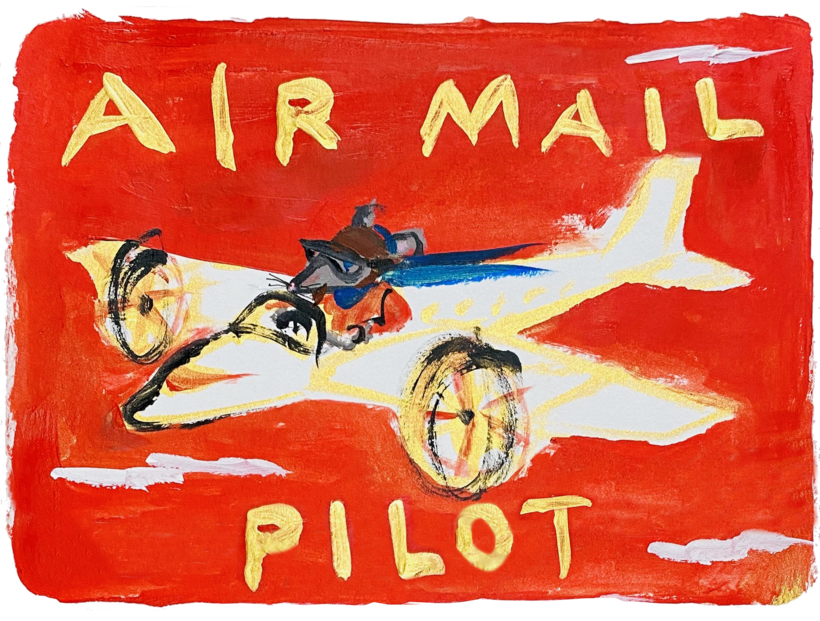Belle of the Ball

Every so often in Scottish Rugby, a player comes along who can change the game. In the case of Panashe Muzambe, this potential is not limited to what she does on the pitch, but encompasses her ability to be a force for good in a sport that still tends to exist in, and appeal to, an altogether narrow part of society.
Muzambe, who was born and raised in Zimbabwe then moved to Edinburgh as a young teenager, is the first Black woman to play for Scotland. She considers it both an honor and a responsibility. “This is something that is much bigger than me,” explains the 24-year-old, who qualifies through residency to represent her adopted country. “Me being on that stage, being on television, singing the national anthem as a Black woman who plays Rugby for Scotland is a big deal. “There are other Black and brown kids in the country who might not identify with Rugby, but hopefully when they see me, they do.

